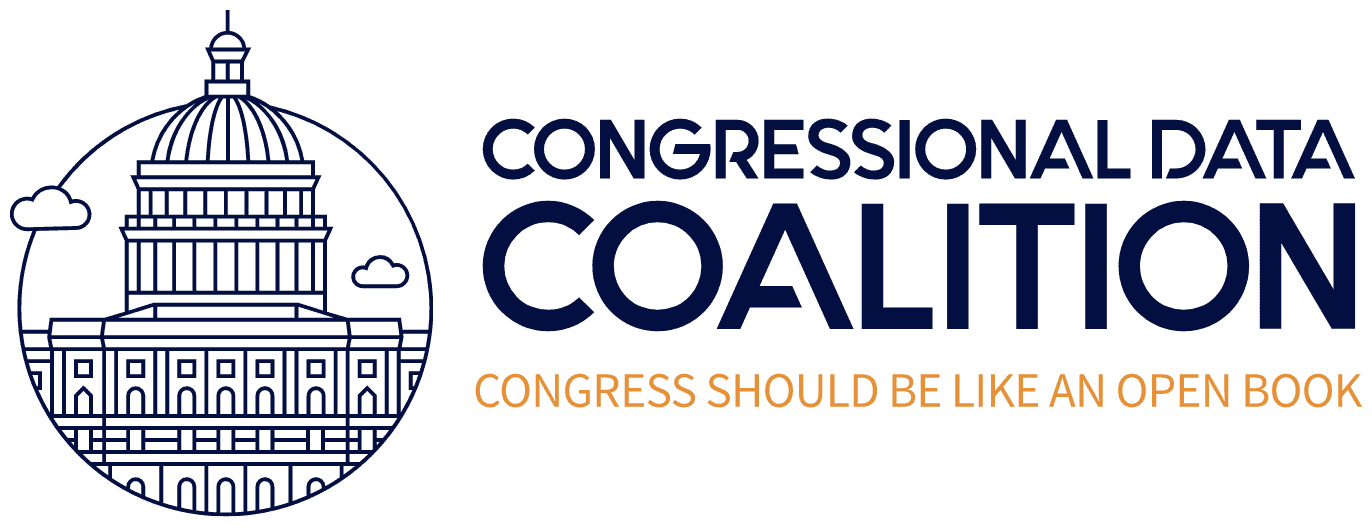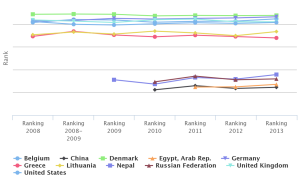The Congressional Data Coalition is proud to be sponsoring a panel proposal at SXSW Interactive next year in Austin, TX. The PanelPicker voting process is open now until September 6th at midnight. Your vote will help us get our ideas out at Austin’s annual gathering of 30,000 technologists, activists, and entrepreneurs.
Speakers include: Molly Schwartz, R Street Institute; Rebecca Williams, Sunlight Foundation; Molly Bohmer, Cato Institute; and Daniel Schuman, Citizens for Ethics and Responsibility in Washington.
See the full panel description: http://panelpicker.sxsw.com/vote/35484

